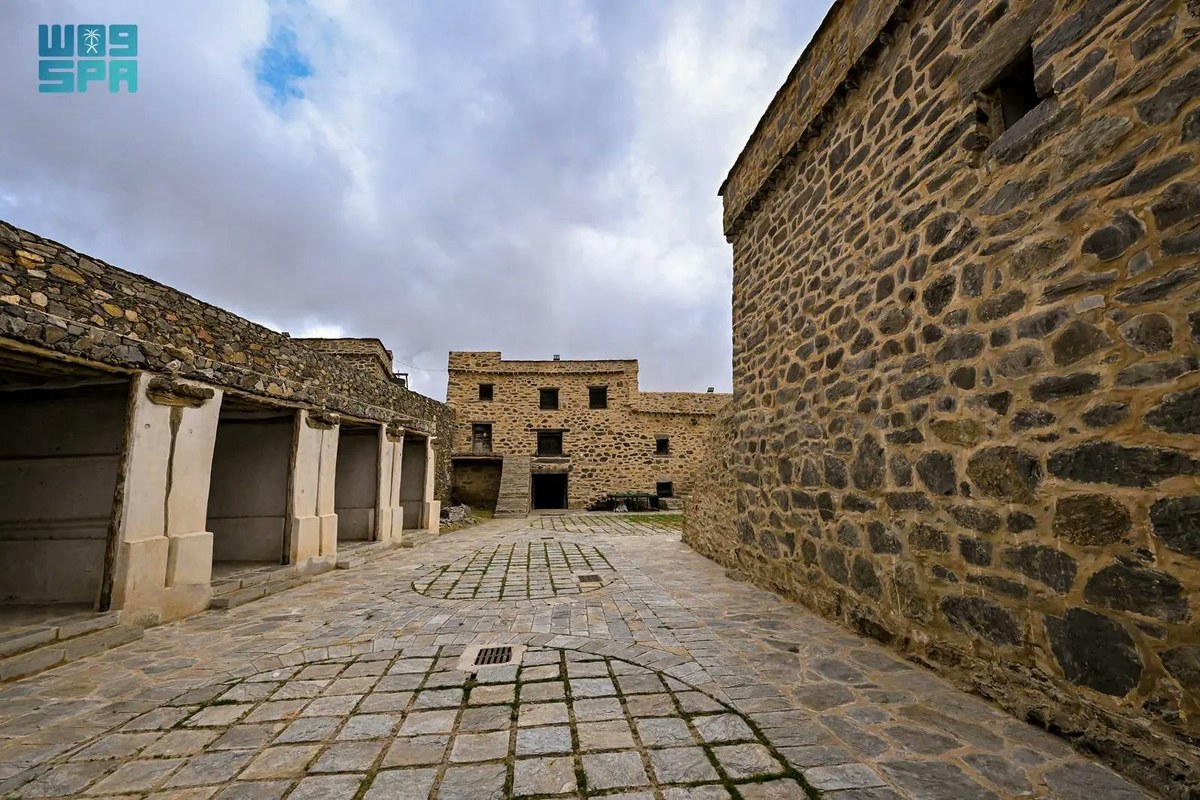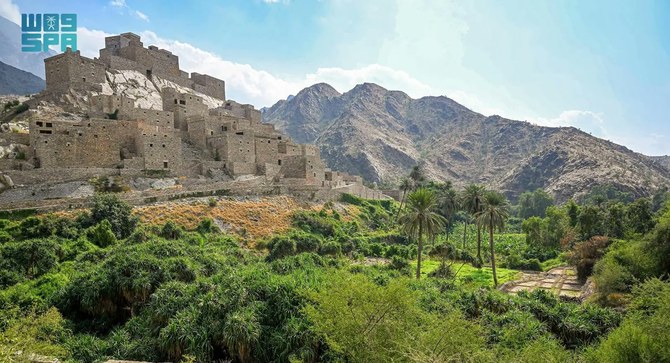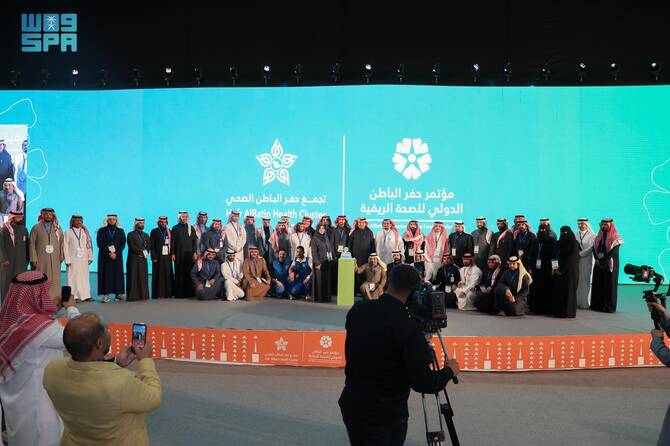RIYADH: Nestled in Al-Baha region in southwestern Saudi Arabia lies a treasure trove of ancient architecture in the quaint villages that dot its landscape.
Characterized by intricate designs, the residential buildings, castles, and forts embody a harmonious fusion of environmental adaptability and cultural resonance.
Crafted with precision, these structures seamlessly integrate with the rugged terrain and fluctuating climate, while also paying homage to the long-standing customs and traditions of ancient Arab society.
Seventy-three-year-old Mohammed bin Salem Al-Ghamdi told Saudi Press Agency: “For decades, I have dedicated myself to the craft of stone house construction.”
Currently, he and his companions are diligently crafting a stone room, employing stones as their primary building material. Together, as a cohesive team of builders, craftsmen, and eager participants, they collaborate harmoniously to bring their vision to life. He described it as both a hobby and inheritance passed down through generations.

“In every construction endeavor, we rely on what’s known as the cornerstone, strategically positioned at the room’s corners. Additionally, a lengthy stone, referred to as the ‘link,’ is essential for connecting each stone within the structure. We also use sturdy stones known as ‘Al-Mateen’ or ‘Al-Daher’ to fortify the room’s foundation.
“Moreover, we meticulously place ‘Al-Lazza’ stones, tiny yet significant, within the larger stones, ensuring a seamless fit without any gaps or openings in the room’s structure,” he added.
“Once the corners are meticulously stacked and leveled, I proceed to roof the room with wood. This involves utilizing a series of wooden beams cut to specific lengths to interconnect all corners of the room. Next, I scatter small plants across the wooden framework to fully cover the ceiling, upon which clay is applied to secure the structure. This method ensures durability against erosion and rainfall, further reinforced by specific paving techniques.”
Al-Ghamdi emphasized the importance of post-construction plastering with clay, which not only gives the interior an earthy tone but also regulates the temperature — ensuring warmth in winter and coolness in summer.
He mentioned the practical use of juniper trees for doors and windows, facilitating easy replacement and serving a dual purpose in construction.
Dr. Abdulaziz bin Ahmed Hanash, professor of urban design at Al-Baha University, highlighted the profound significance of human construction in Al-Baha region, portraying it as a living chronicle of urban civilization’s evolution over time.
He underscored the traditional architecture and urban legacy of Al-Baha as foundational elements, inherently distinguishing the region. With its wealth of historical landmarks spanning the Sarat and Tihamah regions, the area has gained the attention of state authorities, who aim to nurture its potential as both a summer and winter tourism hotspot through strategic development initiatives.
















